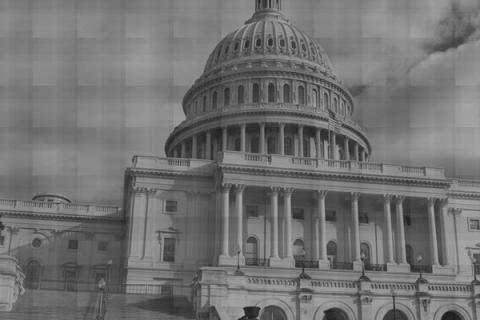The political talking class may have found his remarks laughable, but Mitt Romney’s description of Russia as our “number one geopolitical foe” hit right in the comfort zone for baby boomers, who grew up with that reality. It’s hard to know whether the remark was another Romney gaffe or a cagey comment intended to please boomers – the largest voting group in the nation. But when I – and so many other Americans – grew up, Russia was the Great Satan of our consciousness and an existential threat to the United States.
Romney’s anachronistic comment came in response to an off-hand, open mic presidential remark by President Obama to the Russian President Dmitry Medvedev that he would be better able to make deals with them after the elections. The Republican front-runner pounced on the statement as an example of playing politics with the nation’s security, since (as we all know) Russia is the enemy.
Political analysts from all spectrums have attacked Romney’s lack of international diplomatic skill, his breaking of the unwritten rule that politicians don’t attack the president when he’s on foreign soil, and his ham-handed attempt to create an issue out of nothing.
But for boomers, the comment rang true. We grew up during a time when Russia (then the Soviet Union) and the U.S. were dueling for diplomatic and military leadership of the world. There were stolen plans for A and H-bombs, the missile gap, the space race and a kitchen appliance debate between Nixon and Khrushchev, among other major news events of the time. China had not yet come into its own as an international power and seemed more like the handmaiden of the Soviets. Kids were trained in duck and cover techniques in what we now know to be fruitless preparation for a nuclear attack.
Communism was still a driving force in third-world countries, and the Soviets sought to leverage their philosophical advantage and notch their belts with new (albeit poor and weak) allies. U.S. citizens felt panicky about the creep of Russian influence on the world, and what seemed like our weakening grasp on international relations.
As far as the Middle East was concerned, it was an isolated trouble spot, but no Soviet-style threat to the U.S.
From the end of World War II until well after Vietnam, the Soviets were our principle focus. They were an enemy that we all could see and worry about, as opposed to today’s amorphous terrorist threat that is dangerously unclear. So there are reasons to feel some nostalgia for those times.
Everything changed once the USSR collapsed and Russia was revealed as a second-rate economic power because of its allegiance to principles of collectivism, state control of industries and a devotion to top-down planning. Hence, Romney’s comments seemed out of synch with reality as far as the commentariat was concerned.
However if you grew up with that threat, the GOP candidate sounded right on target. To that rather large group of American voters, there was something familiar about Romney’s rant. It was comfortable and it felt much better than a discussion of al Queda and the Islamic Brotherhood.
Could Mitt have meant to offer the largest voting bloc in the nation this bit of comfort food? Or was he just trying to take advantage of a political opportunity? We may never know.

